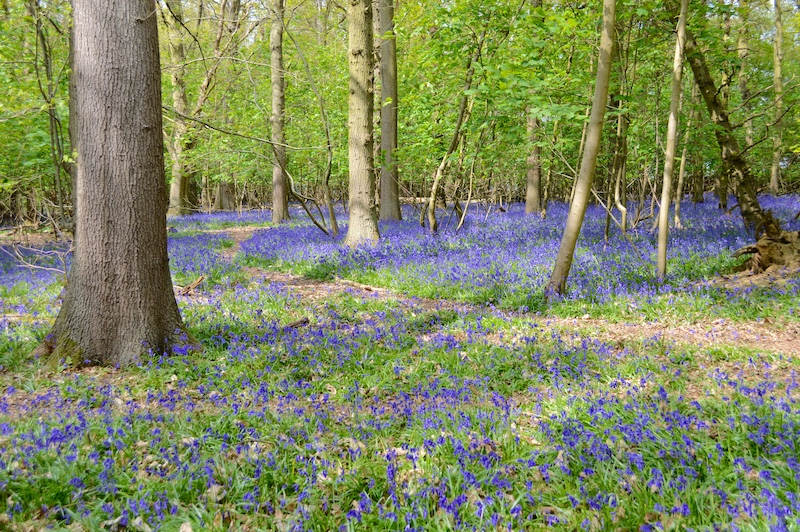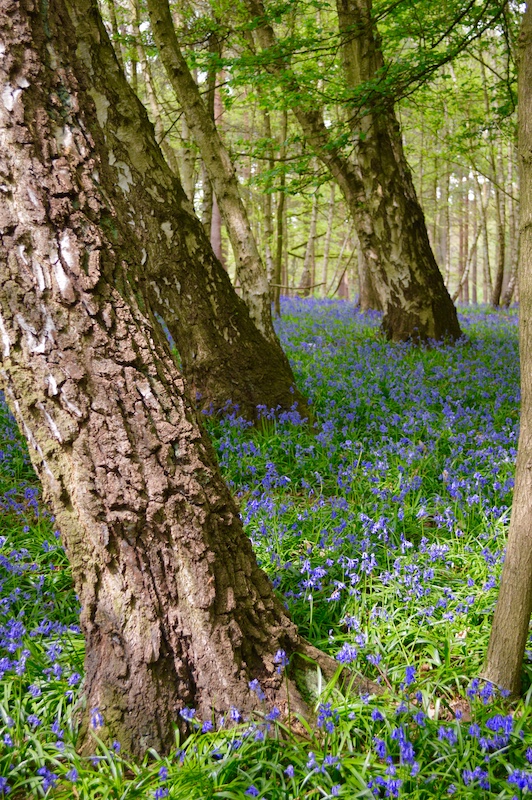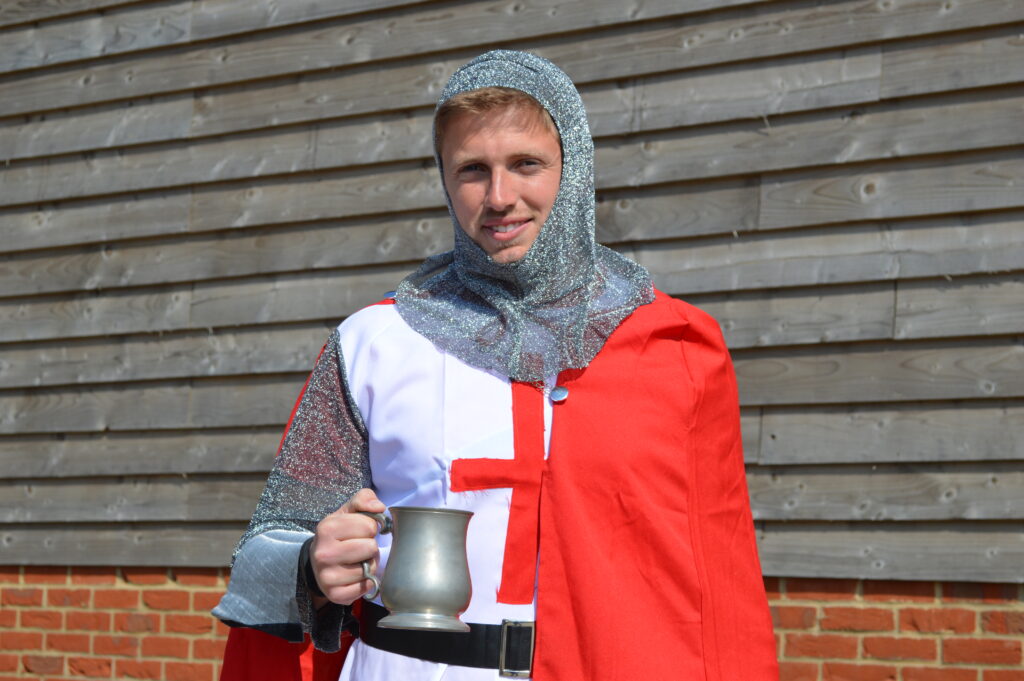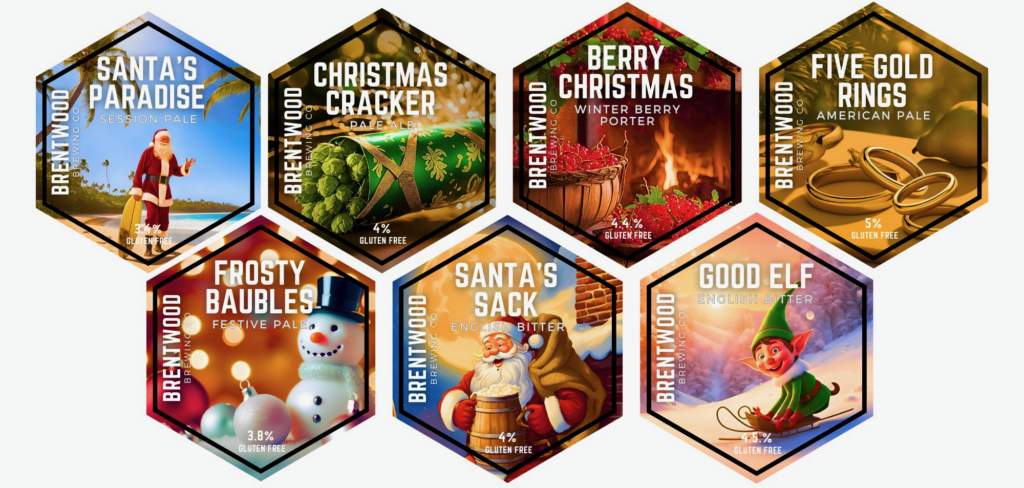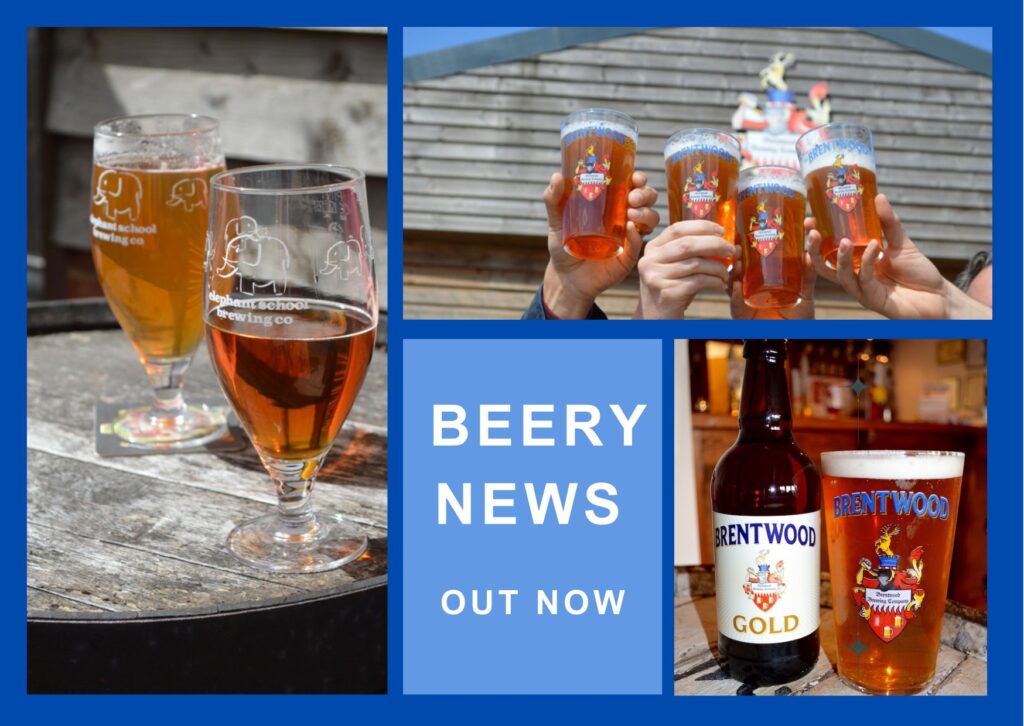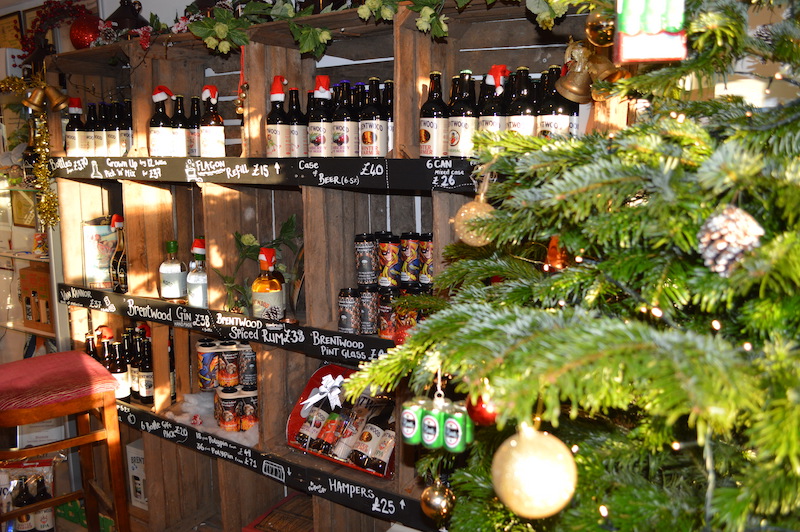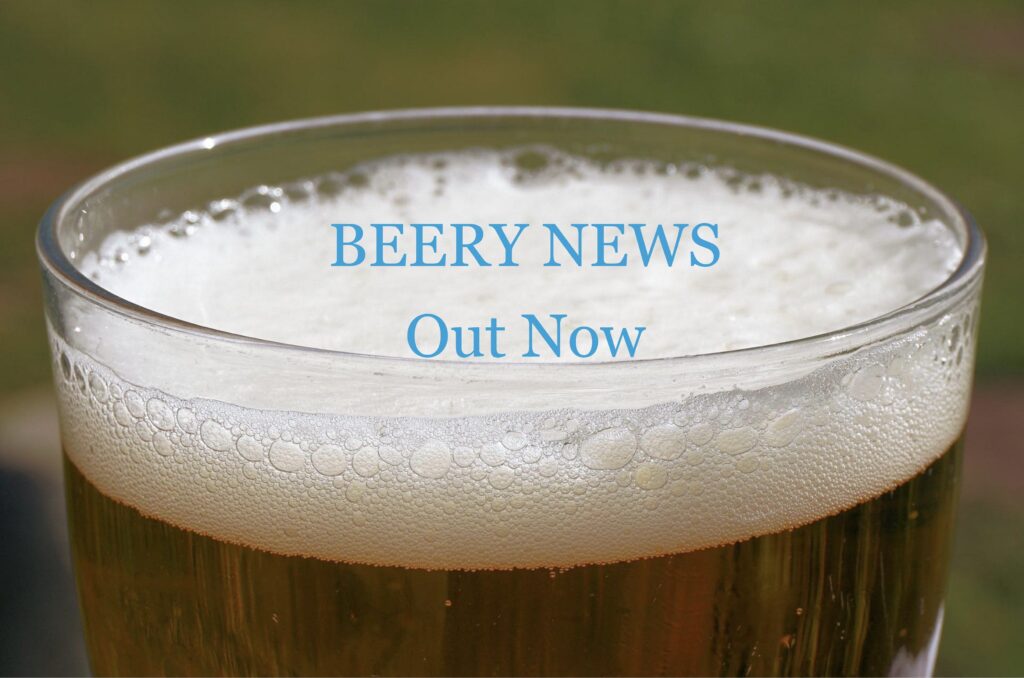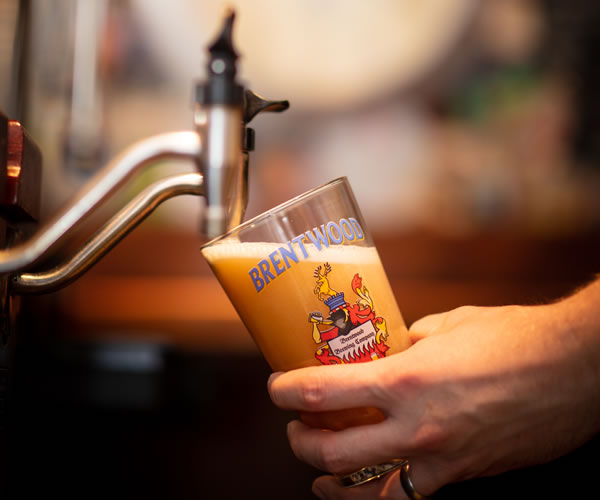Spending time in nature is known to be good for your physical and mental wellbeing. It’s a great way to get some fresh air, exercise and relaxation. Plus it can lift your mood and reduce feelings of stress. After the colder, darker days of winter, you may well find yourself in need of a restorative outdoor jaunt. A stroll in the spring sunshine could be the perfect pick-me-up. So, can we tempt you, for your own good, of course, to an outing in Brentwood for Bluebells & Beer?
Weald Country Park is but a hop, skip and a jump away at under three miles from Brentwood Brewery. Once a 12th century deer park, it covers 520 acres of woodland, wildflower meadows and open grassland and is open every day from 8am to dusk.
So, after you’ve marvelled at the spectacular sea of violet-blue which carpets the park’s ancient woodland each spring, enjoyed some of that fresh, sweet-scented air and had your fill of ambling along those winding parkland pathways*, you’ll have likely worked up quite a thirst.
At Brentwood Brewery we always have a good choice of thirst-quenching, tasty Brentwood and Elephant School beers on draught. We also have an extensive range of your Brentwood Beer favourites in bottles. The Brewery’s bar, The Tap Room, is renowned for its chilled vibe and friendly atmosphere. It’s open on Fridays and Saturdays 11am – 4pm. There’s indoor and outdoor seating. No need to book, just pop in. If you’ve not been before, you’ll find the brewery at Calcott Hall Farm, just off Ongar Road.
We also have a Bluebells & Beer special offer for you. Show us a selfie of you and the bluebells at Weald Country Park and receive a free pint in our bar.
If bluebells and country walks aren’t your thing but beer is, then why not skip the walk and head straight to Brentwood Brewery for a refreshing pint of brewed-on-site, award-winning ale in our bar?
* It’s essential to stick to the paths – please don’t walk on the bluebells as it can take plants years to recover from trampling damage. Although protected by the Wildlife and Countryside Act (1981), bluebells are challenged by habitat destruction, hybridisation with non-native bluebells and the illegal trade in illegally collected wild bulbs.


 Rated 5/5 By Our Customers
Rated 5/5 By Our Customers Free Local Delivery On Orders Over £25
Free Local Delivery On Orders Over £25 10% Off First Order with code BEER10
10% Off First Order with code BEER10